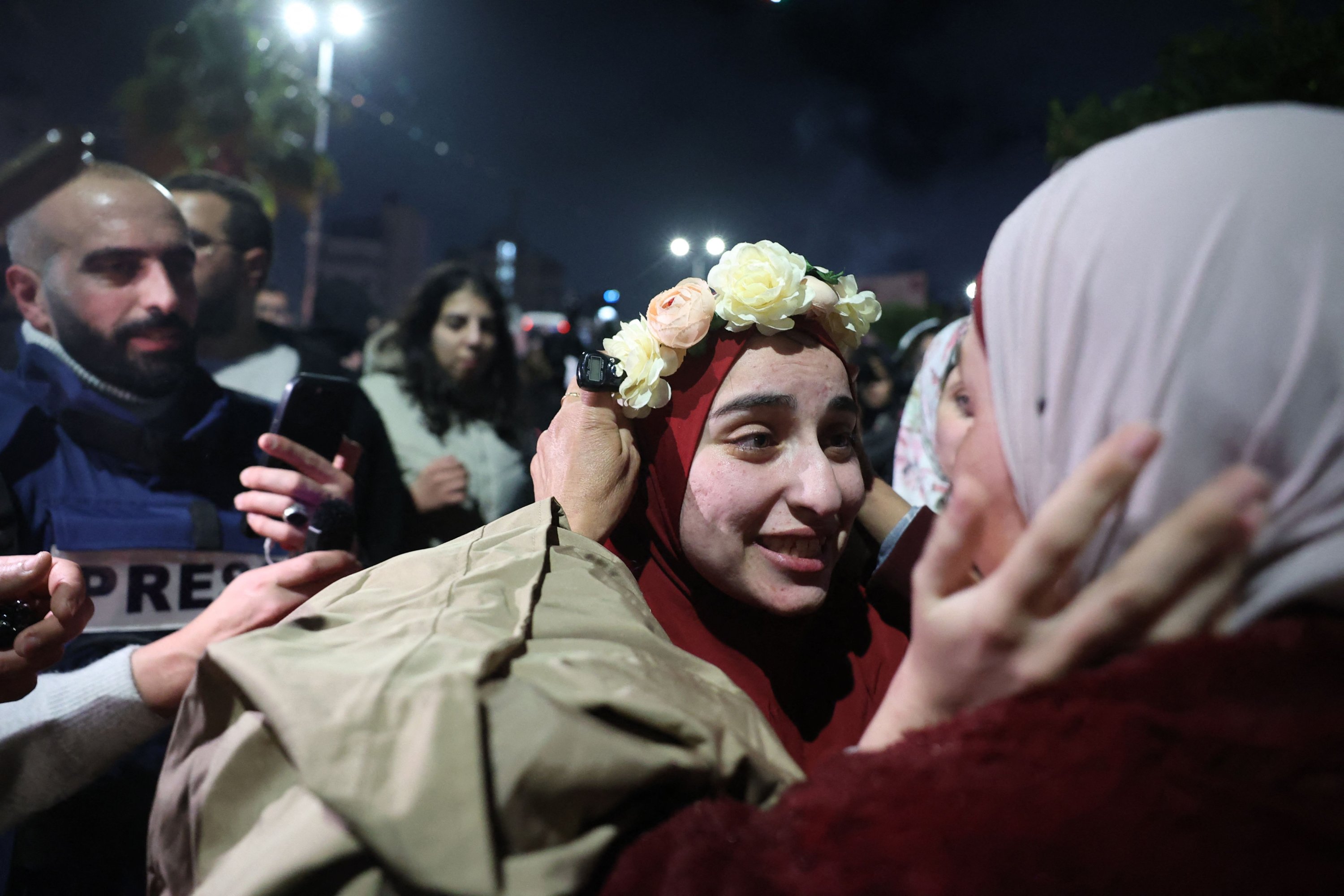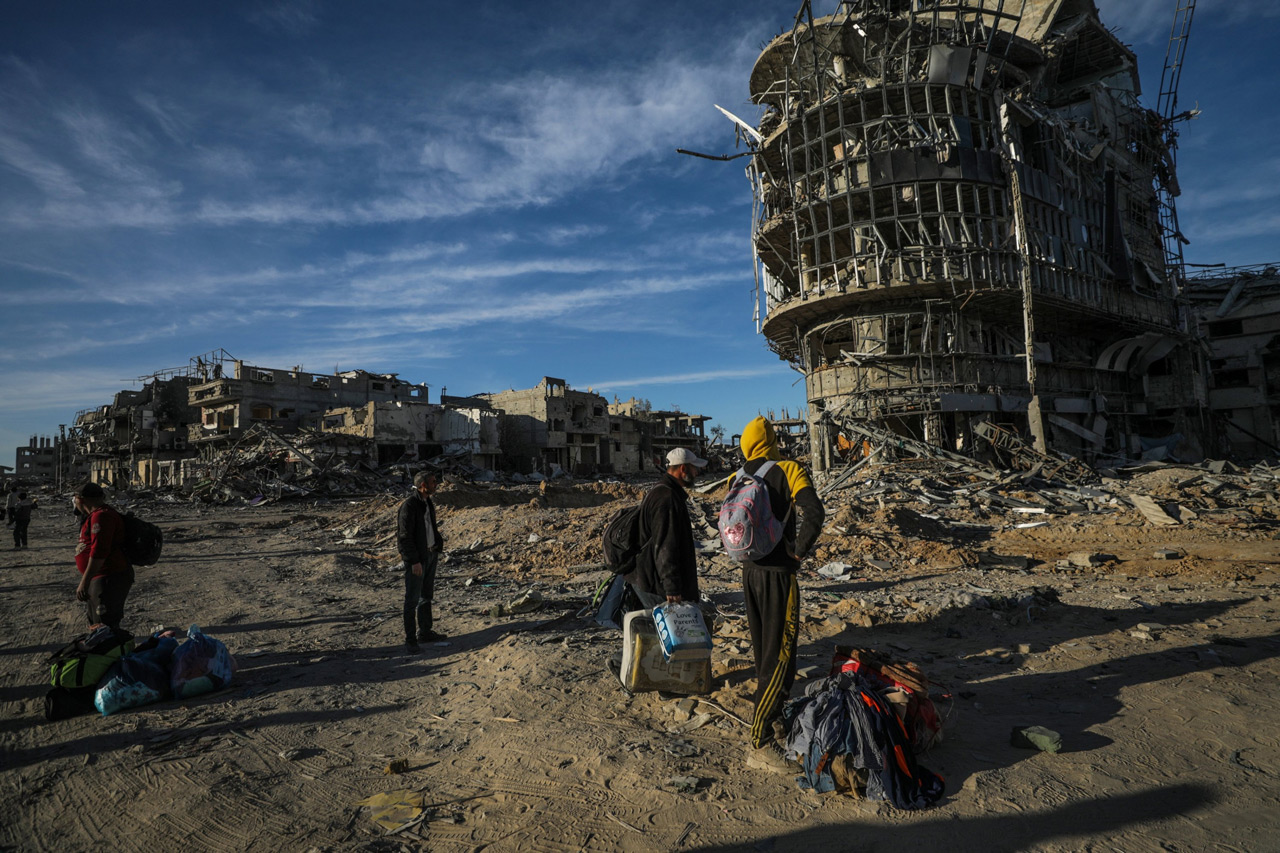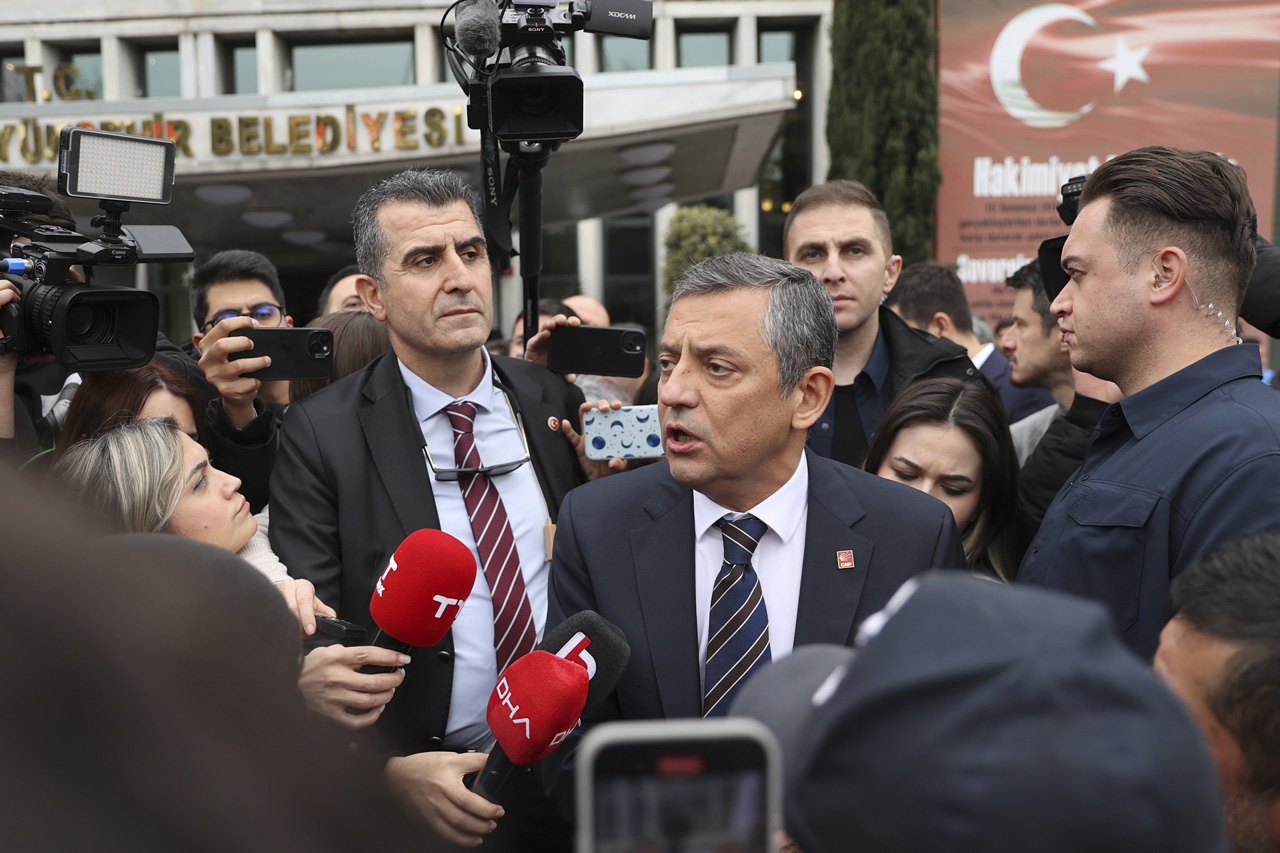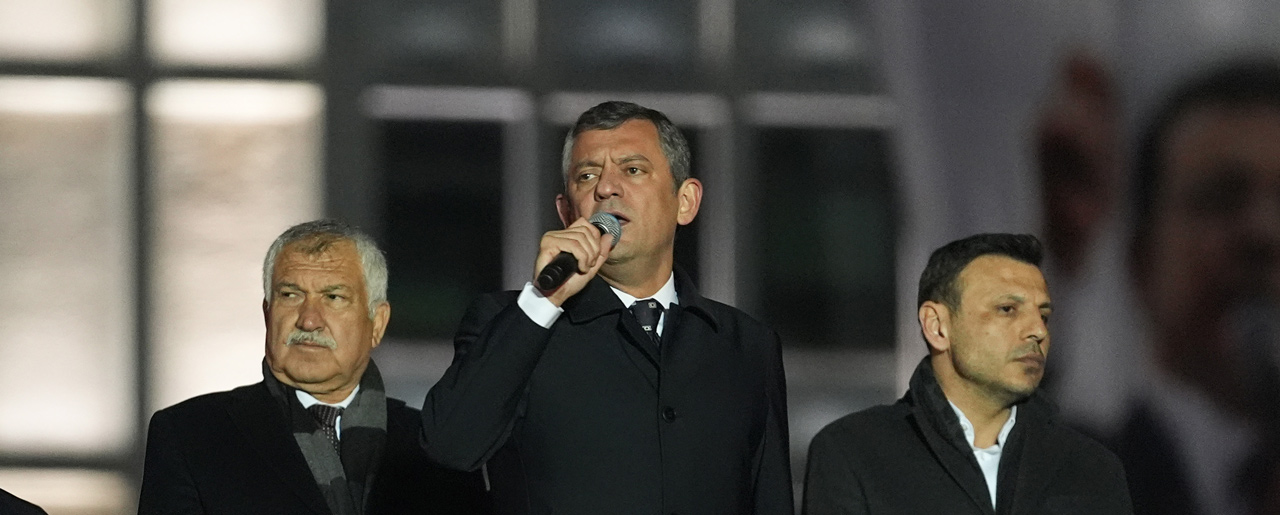A three-phase cease-fire was reached between Hamas and Israel last weekend, brokered by Qatar, Egypt and the United States. The first phase began last Sunday when Israel released 90 Palestinians from prison in response to Hamas’ release of three Israelis. The Israeli forces ceased their genocidal attacks on the Gaza Strip and the Gazan people breathed a sigh of relief, at least temporarily. Israel promised to allow the entrance of 600 aid trucks daily and to reopen Gaza’s Rafah crossing with Egypt on the seventh day of the agreement and at the last phase, to withdraw its forces from Gaza.
In addition, 634 trucks loaded with humanitarian aid entered the Gaza Strip under the cease-fire deal during the first two days. Almost half of them have reached northern Gaza, while the other half have arrived in southern Gaza. These trucks carried fuel, medical and food supplies.
Considering that Israel never fulfilled its responsibilities in the past and it was never held accountable for the violations of international agreements and cease-fires, we can deduce that Israel will not abide by the terms of the cease-fire this time either. It will insistently violate the cease-fire and continue to kill innocent Palestinians both in Gaza and the West Bank.
However, this time, Israel has faced many challenges and hardships. There are also many reasons to be optimistic. First of all, in spite of the huge power asymmetry between the invasion forces and the Palestinian resistance groups, Israel could not reach its military targets, failing to destroy Hamas and the resistance in Gaza. It has become clear that Hamas still survives and is effective in Gaza. The majority of Palestinians continue to accept their administration. Israel was forced to accept the conditions of the cease-fire.
Second, Israel has faced an existential crisis within itself. On the one hand, after the Al-Aqsa Flood, thousands of Israelis migrated to their countries of citizenship. On the other hand, many Israeli citizens have refused to serve in the Israeli military on the grounds of religious philosophy, pacifism, anti-militarism or political disagreements with the aggressive Israeli policy. For instance, Haredi Jews refuse to serve in the military for religious reasons. They are legally exempt from military service. Due to the current hardships, government officials have tried to oppress them to change their stance. However, they continued to resist the pressure from the government. Another important development in Israeli domestic politics is the division of the political system. For instance, far-right minister Ben Gvir and his party have resigned after the cease-fire. The ruling coalition remains in place but has been severely weakened.

Furthermore, Israel has largely lost its legitimacy in the eyes of the international community. In spite of the whitewashing of the Western governments and their media platforms, the international community, especially the Western governments who want to clear themselves of the crimes they have caused and supported, must ensure that Israel fulfills its responsibilities. In addition, we should not forget that Israel faces a genocide case at the International Court of Justice (ICJ) for its crimes in Gaza. Last November, the International Criminal Court (ICC) issued arrest warrants for Israeli Prime Minister Benjamin Netanyahu and his former minister of Defense Yoav Gallant for the war crimes they committed in Gaza. Therefore, even the Western countries may ask Israel not to resume its aggression against Gaza.
Lastly, U.S. President Donald Trump's administration may want to return to its policy of normalization between Arab states and Israel, which may put pressure on Israel to stop its genocide against the Palestinians. A middle ground is needed to complete the normalization process. In other words, Arab regimes such as Saudi Arabia will hesitate to normalize their relations with an Israel committing war crimes in Palestine since it will be quite difficult to sell the project to the Arab people.
On the other hand, although Israel has not been able to achieve military gains in Gaza, it has succeeded in weakening Hezbollah and Iran and has achieved some strategic gains. After the Israeli attacks, Iran has lost its strongholds in the region. It has lost not only Lebanon, under the control of Hezbollah, but also Syria, under the control of the Baath regime.







